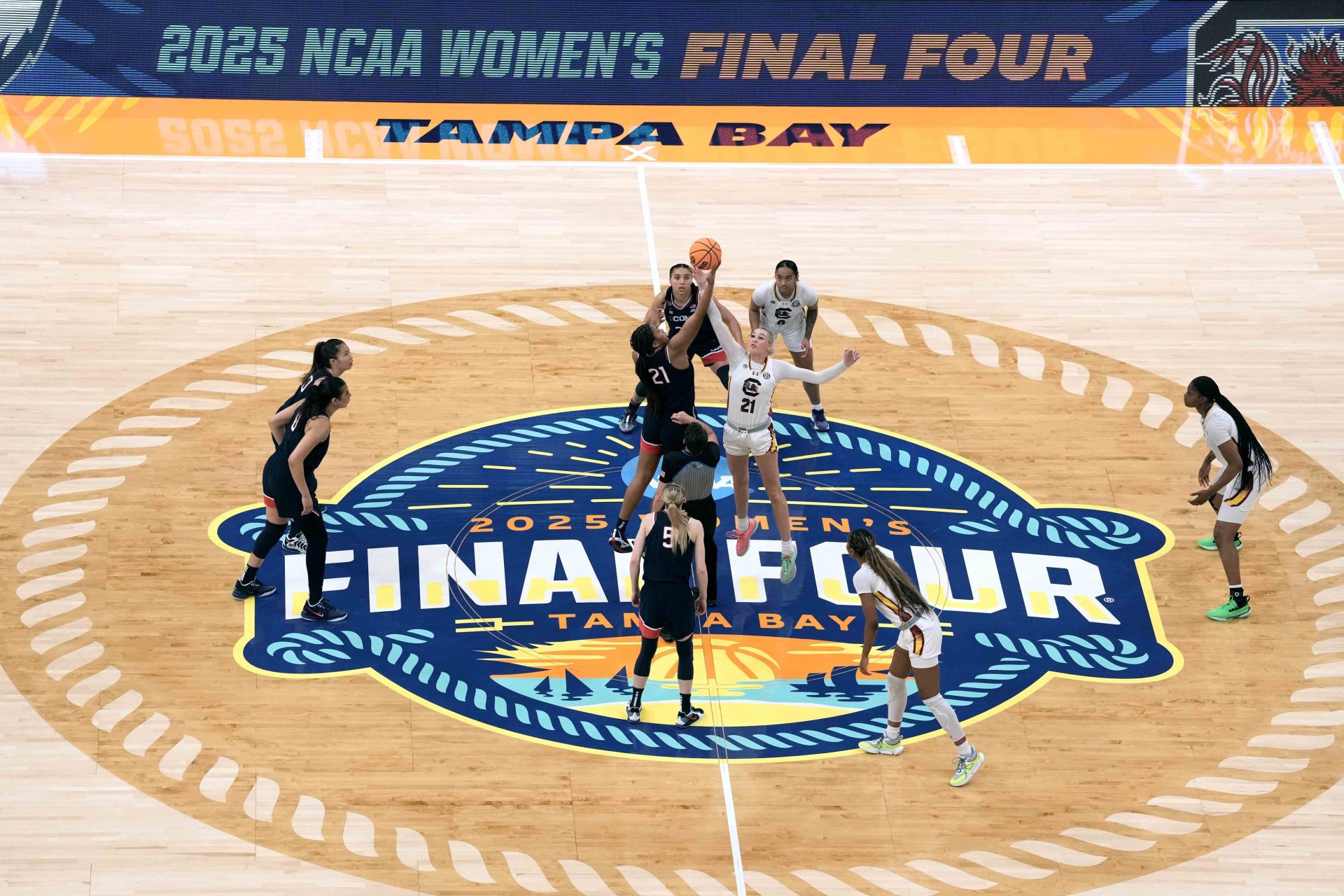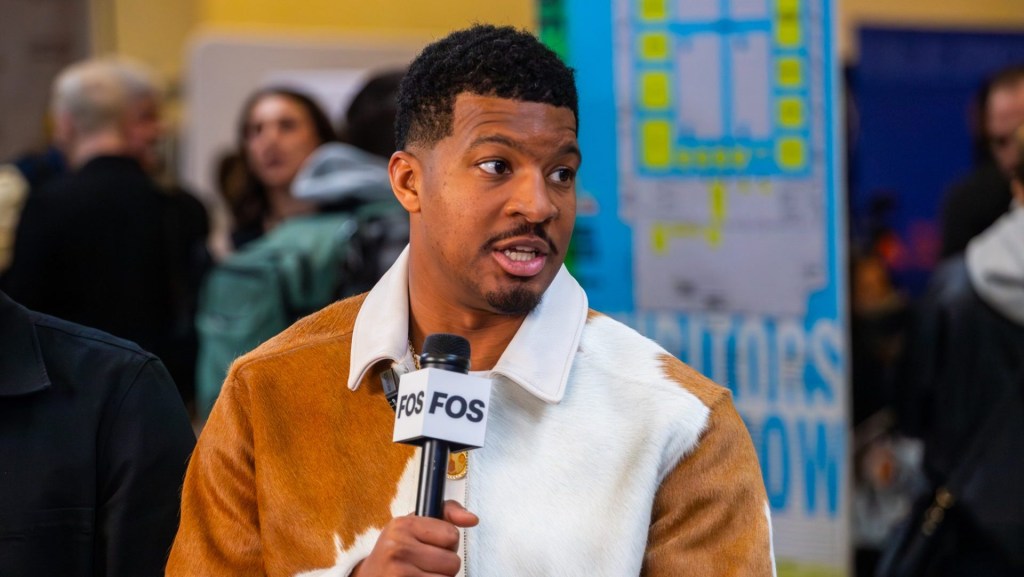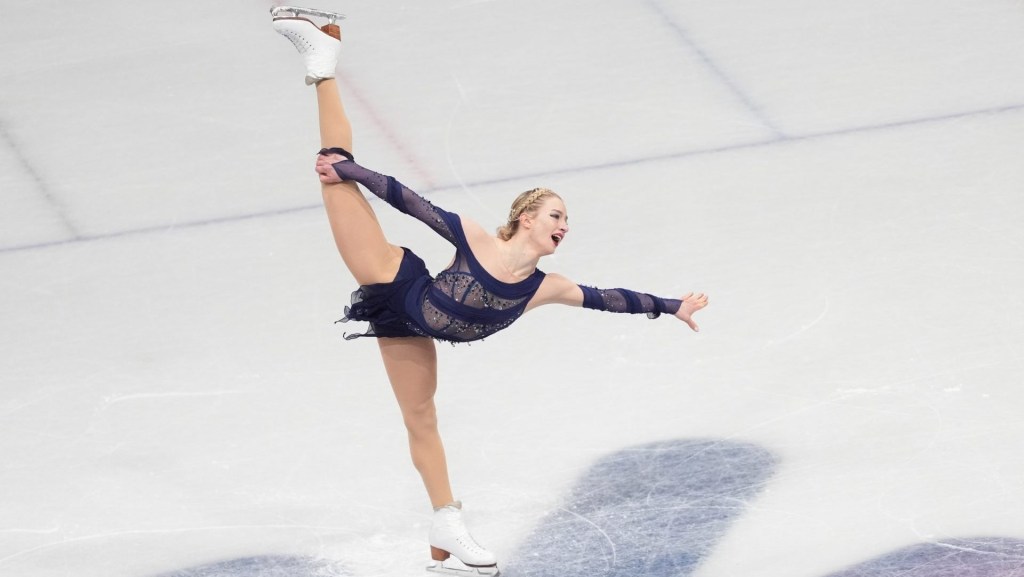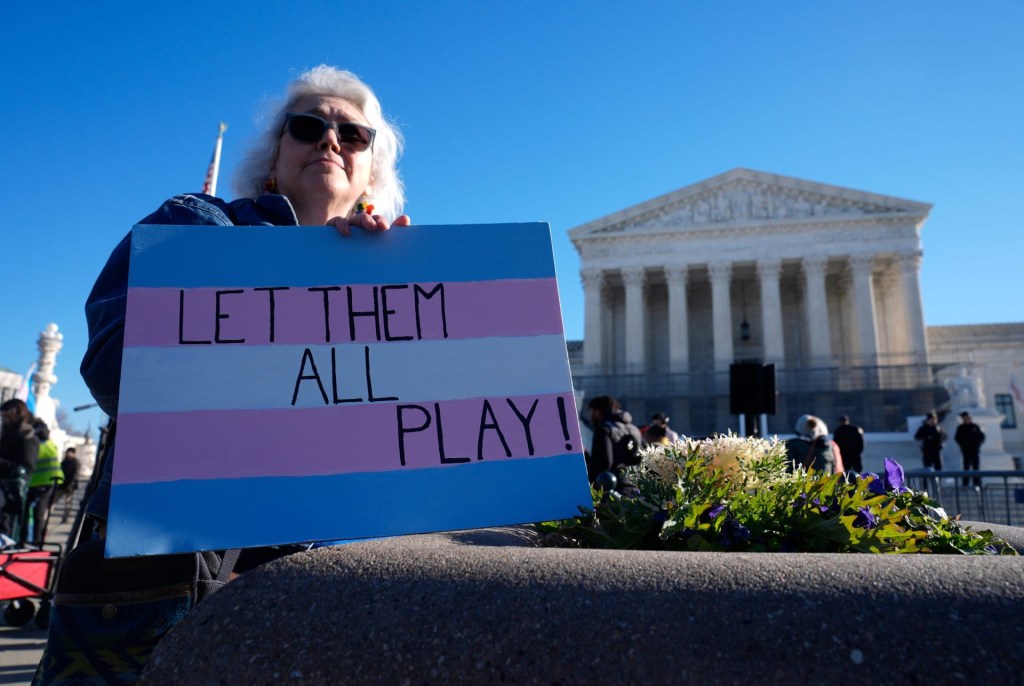The House v. NCAA settlement has several controversial provisions—including one over roster limits that has prompted Northern District of California judge Claudia Wilken to threaten to reject it. But there’s another, less talked about requirement that would prevent plaintiff counsel from engaging in some of the biggest debates in Congress over the future of athletes rights.
The provision, laid out in a short paragraph in Article 7 of the settlement, aims to ensure the plaintiffs’ lawyers won’t disrupt the yearslong, multimillion-dollar federal lobbying campaign in Congress the NCAA and Power 5 conferences have waged to protect amateurism and rein in the athletes’ rights movement. The settlement essentially says lawyers for the college athletes—who have sued the NCAA—-must support any legislation in line with the settlement, and remain publicly neutral on key related issues, like athlete employment.
Former Duke men’s basketball player and attorney Richard Ford, who has studied the NCAA’s lobbying efforts, filed an objection to the provision in January. “It would transform Class Counsel from advocates for their clients into lobbyists for the NCAA, creating a conflict of interest,” he wrote in a letter to the court, calling the provision “unprecedented” and “extraordinary.”
The NCAA’s lobbying campaign began in 2019, when it became clear state laws would force the NCAA into allowing players to profit off their NIL (name, image, and likeness). Using several of the top firms in the country, as well as a bipartisan public relations strategy, the groups are asking for a federal law that creates a situation unlike any other industry in the country: College athletes would get paid for their labor, but wouldn’t be classified as employees. Such a law would theoretically allow the NCAA to impose salary caps and restrict player movement. Professional leagues, however, are only allowed to do so because player unions agree to these restrictions through collective bargaining.
The NCAA and power conferences haven’t been shy about using the House settlement as part of this initiative. NCAA President Charlie Baker has said that federal lawmakers told him to make as many adjustments to the college sports business model as possible before coming to Congress asking for help. He sees the House settlement, and other changes, as proof that the college sports governing body has done everything it can without lawmakers—and that the settlement should be used as a roadmap for a law that also includes the aforementioned provisions.
But the settlement also guarantees that some of the most well-known lawyers in the country on athletes’ rights issues won’t be allowed to cross the NCAA in Washington.
The NCAA’s wishlist goes something like this: It wants a federal bill that will, first, preempt any and all state laws relating to college sports, and second, give the NCAA antitrust protections to shield it from future athlete pay lawsuits. Depending on how far the antitrust protections extend, the NCAA might even have the power to roll back some of the rights athletes have gained. The NCAA and Power 5 are also lobbying for a bill to include a provision prohibiting athletes from being deemed employees.
Compare those demands with the settlement terms as they stand now: The plaintiff lawyers, led by Steve Berman and Jeffrey Kessler, will be required to use “reasonable efforts” to support antitrust protections and the preemption of state laws that would protect the terms of the settlement.
They also must “take no position, and thus be neutral, in all instances and in all forums and venues, on the issue of whether student-athletes should be considered/deemed ‘employees’ or whether collective bargaining should be permitted for compensation of student-athletes.” The same goes for proposals that would give athletes more benefits beyond what the settlement allows.
In a conversation with FOS last fall, Steve Berman, attorney for the plaintiffs, pushed back against the idea that the lobbying provision would force him to support the NCAA’s agenda. “If the NCAA asks us to, we will express our views to Congress that they should be free from future lawsuits that raise the same issues that were raised in our litigation,” he said. Issues raised in the litigation include revenue-sharing, expanding the definition of revenue-sharing, imposing limits on NIL collective deals, and eliminating scholarship limits.
“We will not comment on anything beyond that,” Berman said. “So whether the students should be considered employees, we won’t comment on that.” But notably, Berman and co-lead Jeff Kessler can’t publicly argue in favor of athlete employee status, either.
Since Republicans swept both houses of Congress and the White House in November, the NCAA has ramped up lobbying efforts hoping that Republicans would be more amenable to their demands. Several lawmakers, including Senate Commerce Committee chairman Ted Cruz (R., Texas), are negotiating legislation to govern college athlete compensation. If and when the settlement is approved, the NCAA and commissioners will take it to Capitol Hill as part of this push (though it’s unclear how successful they’ll be).
The lawyers who argued on athletes’ behalf are expected to be called on, whether in public hearings or private discussions, to advise lawmakers. “Class Counsels’ promise to become Defendants’ lobbying agents will likely carry great weight in Congress,” Ford writes. “This Court’s tacit approval of it may carry even greater weight.”
Ford was the only objector to express these concerns at the final approval hearing on April 7. Ultimately, however, Judge Claudia Wilken said in a recent court order that the only remaining issue with the settlement was related to roster limits—and not lobbying.

















